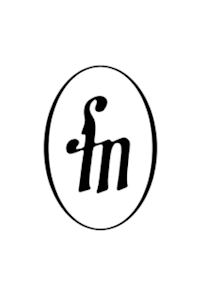Orkiestra Filharmonii Narodowej w Szczecinie
Comhroinn
Warsaw Philharmonic (2023)Faisnéis ón eagraíocht ealaíon (Fíoraithe ag Operabase)
13 Deaireadh Fómhair 2023 (1 feidhmíochtaí)
Tabhair cuairt ar Suíomh GréasáinOrkiestra Filharmonii Narodowej w Szczecinie by Penderecki, Brahms, Ó (2023/2023), Seoltóir Andrzej Boreyko, Mieczysław Karłowicz Philharmonic, Szczecin, Poland
Roghnaigh ObairSymphony No. 2, "Christmas Symphony" (Symphony No. 2), Penderecki
Léiritheoir
Conductor
Ensemble
Ceolfhoireann
Tuilleadh eolais faoin gcumadóir
Tuilleadh eolais faoi obair cheoil
